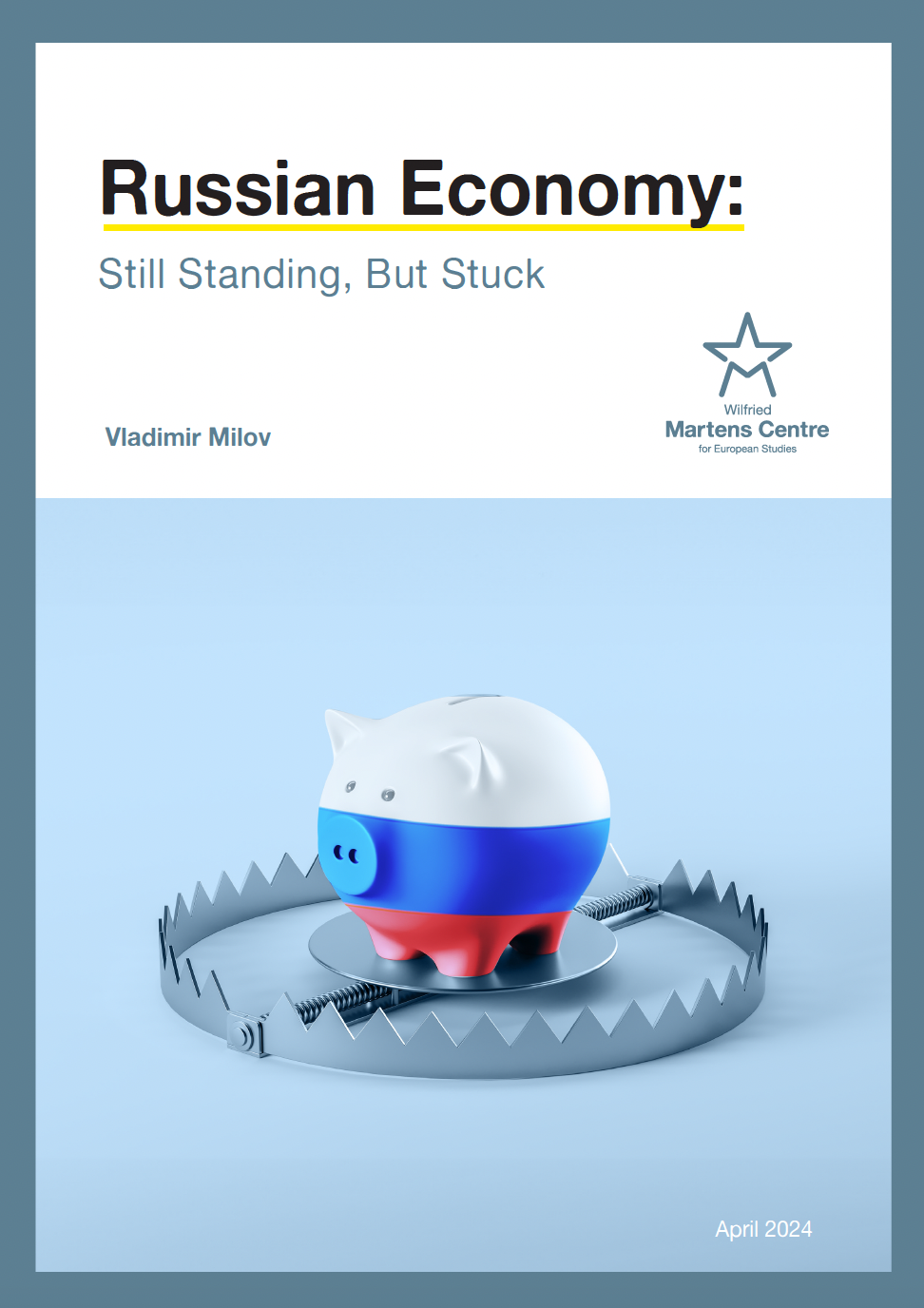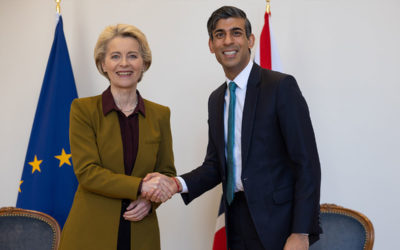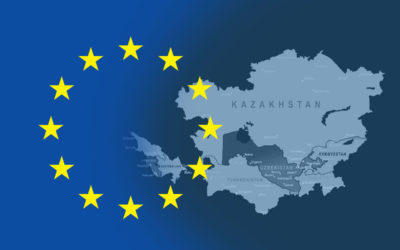It’s Recovery or Bust for Europe’s Centre Right
14 April 2021

For those who view the pandemic as an event that will change societies and economies permanently, the post-COVID horizon seems limitless. From working patterns to the digital transformation, from increased public spending to greater European integration, Coronavirus is being used as a cypher for sweeping visions of the future.
And while fundamental issues (such as operating the Single Market or tackling climate change) are absolutely vital to the long-term sustainability of European prosperity, the EU risks having its future successes circumscribed by its scattergun approach in seeking “more Europe” as the answer to every conceivable policy area.
This cannot be the centre-right approach. Because it will end in failure.
Europe’s economies and societies are uniquely vulnerable. This is not just attributable to the impacts of the pandemic, as dislocating as many of its side effects are. The reality is that these vulnerabilities have been built up over the preceding decades, particularly in the period since 2008. Europe’s responses to the combined crises of the past decade have veered from the barely sufficient (economic and banking) to the scarcely credible (migration).
The pandemic has significantly worsened these existing economic and societal weaknesses. In this context, the centre-right simply can’t afford to get this recovery wrong. If it does, the reality will be felt through a significantly smaller parliamentary representation in Brussels post-2024; and an electorate increasingly alienated from the wider integration process.
It’s fine for the centre-right to have grander ambitions, but its immediate post-COVID delivery must be focused on the day-to-day realities facing Europeans today.
In some ways, the current set of economic conditions are viewed with trepidation by many centre-right decision makers. Concerns about rising public and private debts, asset bubbles underpinned by loose monetary policy, and the looming threat of inflation are already evident in calls favouring more restrictive policies.
Politically, the economic options facing the centre-right are often viewed as a binary choice between continued monetary/fiscal stimulus, or a return to more restrictive pre-pandemic norms.
But this is incorrect.
The real challenge for the centre-right is to develop a more nuanced, or mixed, policy approach which takes specific account of the vulnerabilities of Europe’s economies and societies. Vulnerabilities which, it should be pointed out, almost all existed in a pre-pandemic landscape.
But this “Middle Way” approach can only be successful if it delivers the necessary payoffs to maintain support across the broad swathe of the middle classes. And as the recovery begins in 2021, it is essential that the centre-right focuses on the key issues which are driving voters to political parties outside of the traditionally centrist, pro-European tent.
Three key issues must be afforded the highest priority.
The first is employment. But not simply the standard social media rhetoric about creating “Jobs, Jobs, Jobs”; what is needed is an integrated approach which actively promotes employment creation, especially for younger people. No new EU projects or funding streams are required. Simply the flexibility to allow member states to invest in technical/digital skills, hi-tech manufacturing, and in facilitating new ventures and businesses. Not every young person needs to learn to code, but every young person deserves an opportunity to work and to be covered by social security, regardless of their position. The centre right must make meaningful employment its top priority.
Second, the centre-right remains worried about the wrong type of inflation. Housing affordability – be it rents or real estate prices – are a key concern for many young people today all across the EU. If young families continue to be priced out of the housing market, the drift of voters to the fringes will continue. To hold the centre ground, the centre-right has to win the battle for housing. Affordable, good quality, and accessible housing is a key ingredient of the European middle-class lifestyle. This issue cannot be seriously addressed without tackling inter-generational wealth issues and the concentration of such capital in older generations. On this, the centre-right must be brave.
Thirdly, the under-provision of basic public services generates a large portion of societal unease. For families, issues like childcare, schools, and leisure facilities represent a fundamental part of their ability to enjoy a sustainable work-life balance. Again, this is a common issue across most member states, increasingly also in Central and Eastern Europe. The centre-right must double down on giving the middle classes a stake in a society that they feel is working for them.
It’s fine for the centre-right to have grander ambitions, but its immediate post-COVID delivery must be focused on the day-to-day realities facing Europeans today.
The moon can wait, it’s time to fix Europe first.
ENJOYING THIS CONTENT?




















